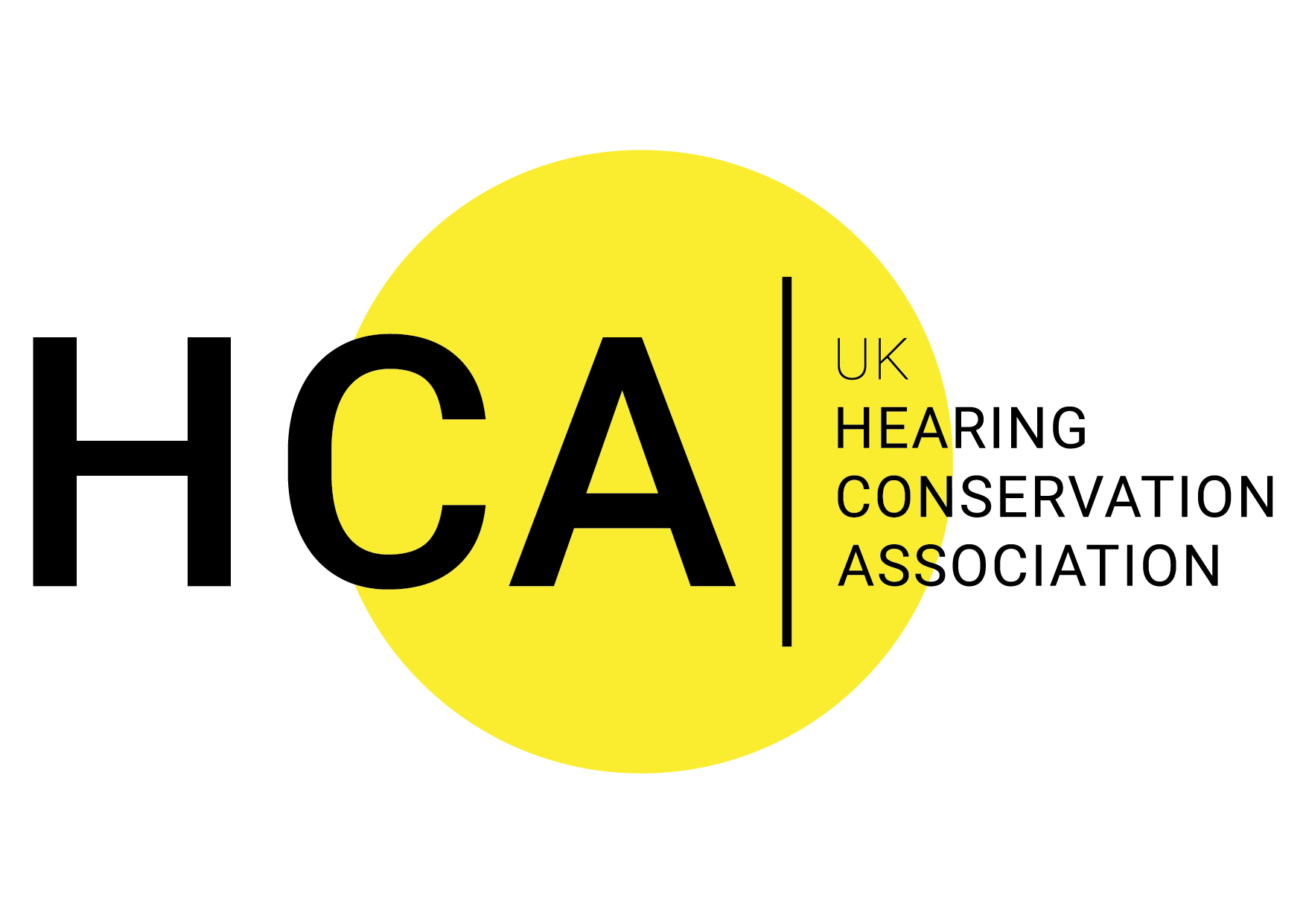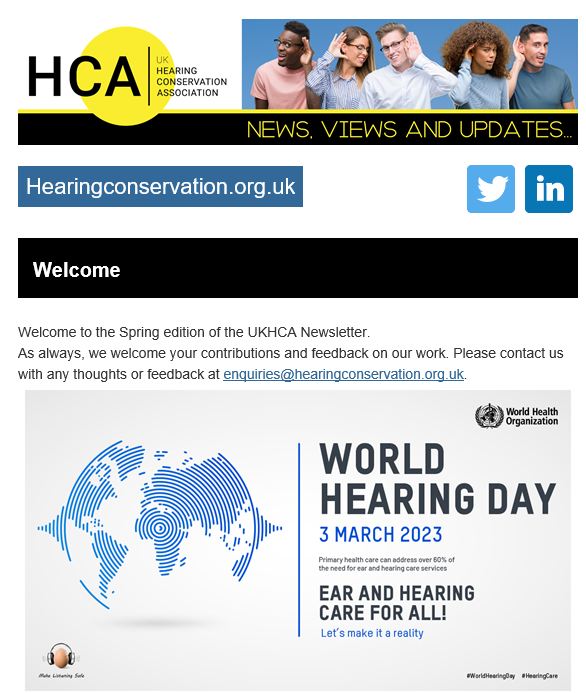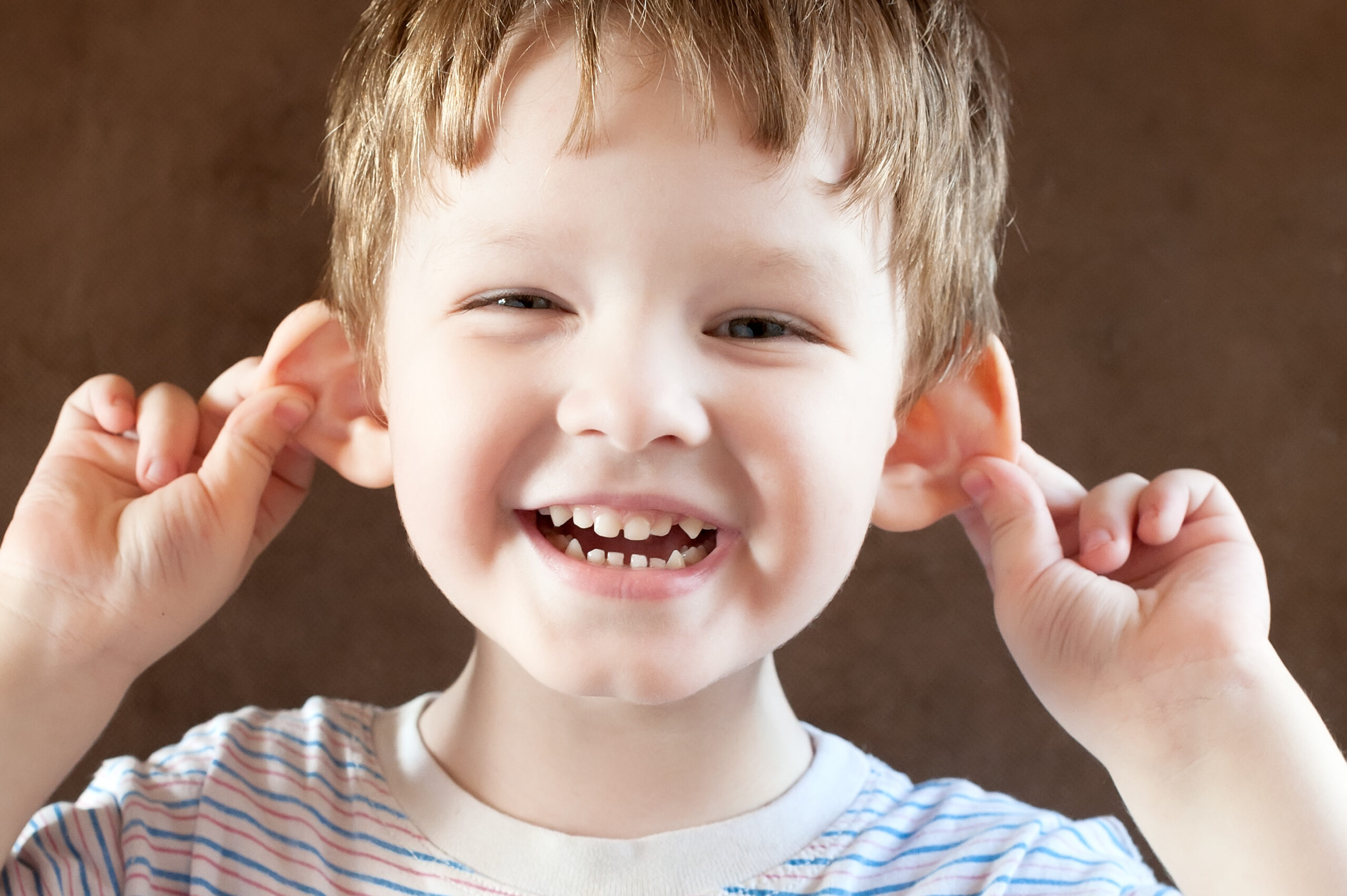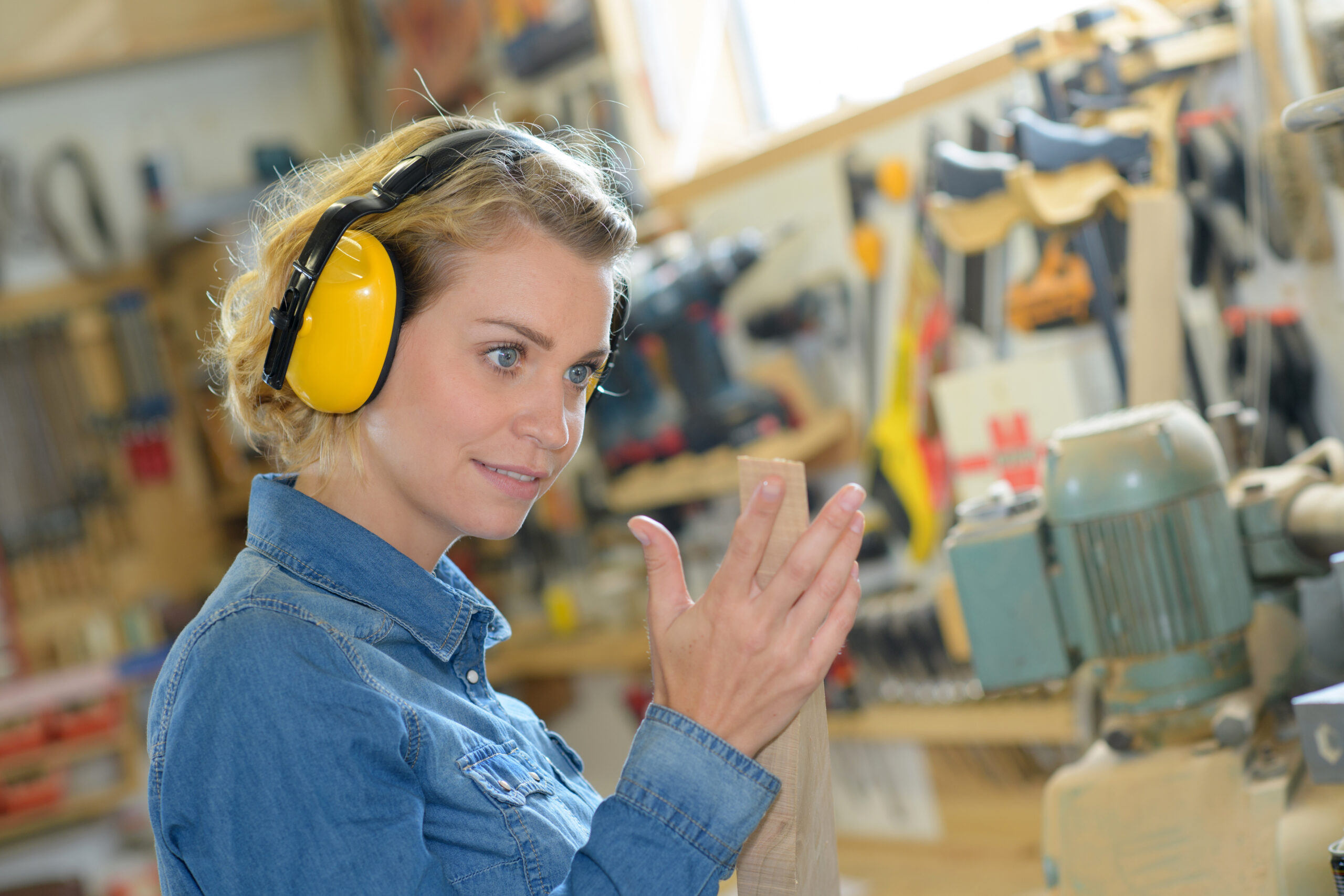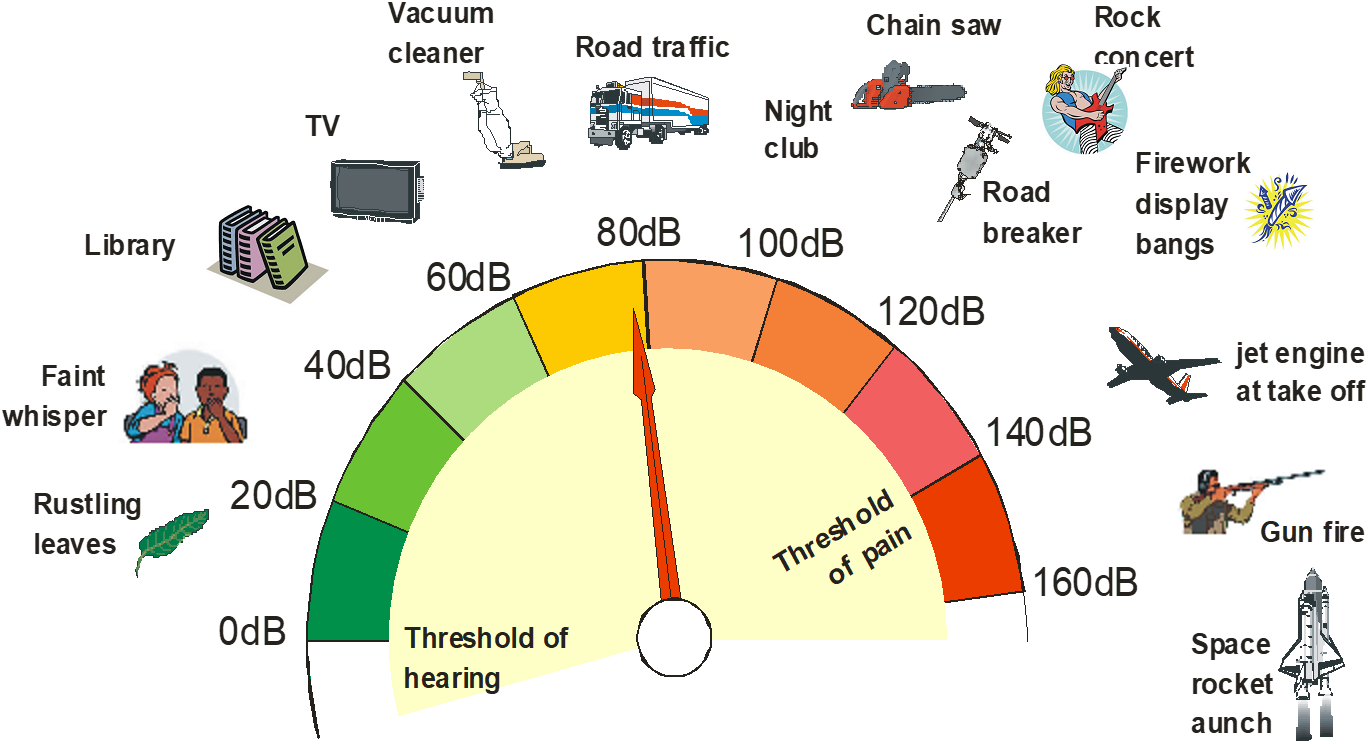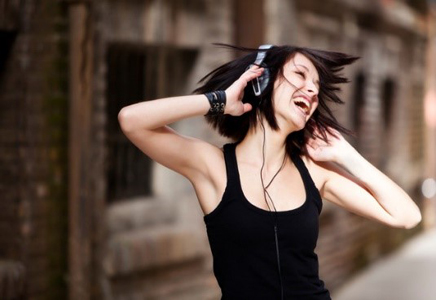Guidance
GUIDANCE DOCUMENTS
Below are links to guidelines we believe you may find useful, if you wish to recommend any further guidelines for the website please contact clare.forshaw@hearingconservation.org.uk
HP fit checking poster for download
SOM_UKHCA_Position_Statement_Noise_Health_Surveillance_Guidance_May_23.pdf
UKHCA Hearing Protection Fit Testing — An Introductory Guide | Hearing Conservation
Be a Smart Buyer when it comes to Noise Consultancy Services | Hearing Conservation
NEW GUIDANCE; HEARING AID USERS IN NOISY WORKPLACES | Hearing Conservation
UKHCA-Construction-Noise-FAQs.pdf (hearingconservation.org.uk)
Sources of noise that could be damaging your hearing
Exposures to recreational sounds are increasing – What can be done to protect our hearing health?
Interpreting an Audiogram for Indications of Occupational Noise-Induced Hearing Loss (NIHL)
An outline for workplace noise survey reports
Interpreting an audiogram for indications of occupational noise-induced hearing loss
Latest News & Upcoming Events
World Hearing Day 2019
The 3rd March is World Hearing Day. In 2019 the theme for the this day is , the importance of early identification and intervention for hearing loss. Many people live with unidentified hearing loss, often failing to realize that they are missing out on certain sounds...
Could headphones be damaging your Children's hearing?
Find out how to protect their hearing
Noise at Work?
Find list of resources to help you
Noise Induced hearing Loss
Find out more about acceptable levels of noise
Headphone Use
Find out how to protect your hearing
5 ways to protect your Hearing
With the World Health Organisation (WHO Report ) suggesting that more than 1 billion of us are at risk of permanent hearing loss here are 5 ways you can protect your hearing.
1.
Firstly, test your hearing. Try the easy, free app, hearWHO (Link to hearWHO app). Keep a record of your score and retest yourself every six months or so. If you are worried about your hearing see your doctor.
2.
Try to avoid exposure to loud sounds/long periods of exposure. Loud sounds are common at live events, music and motorsport, when shooting, using power tools, lawn mowers and riding motorcycles. If you are attending, taking part or using noisy equipment make sure you wear hearing protection.
3.
A common source of large sound doses is from using headphones. Consider timing how long you are using your headphones are and check out your listening levels. It may help you to download a hearing safeguarding app, which will total the time and level for you, and let you know when you’re overdoing it.
4.
Upgrade your ear buds to good quality ‘over-ear’ headphones which will reduce the background noise so you can listen at a lower level. For the noisy public transport consider buying active noise cancelling headphones.
5.
When you go to live music events take hearing protection with you and use it when the support act is on to give your ears a break and leave them fresh for the main attraction.
